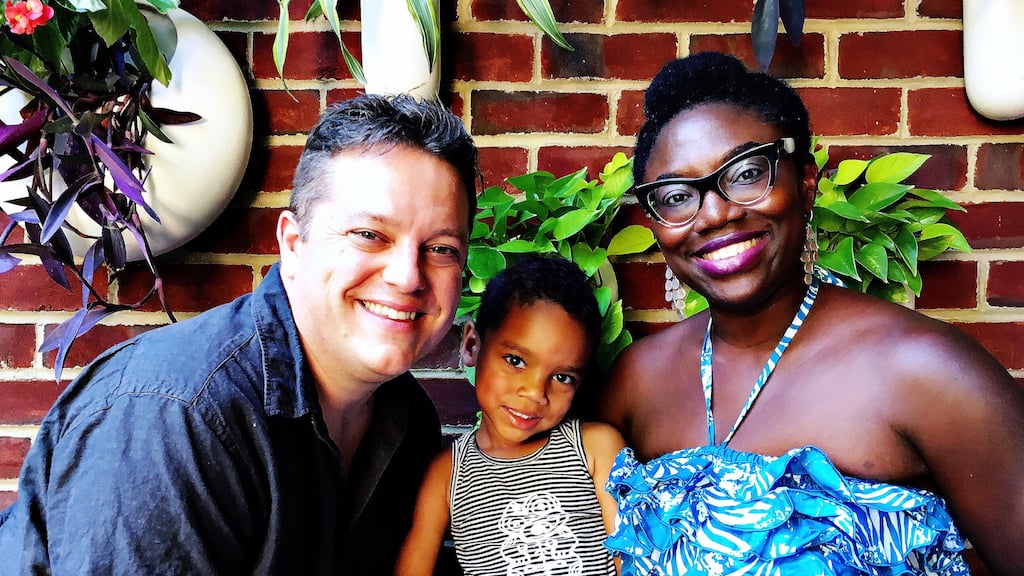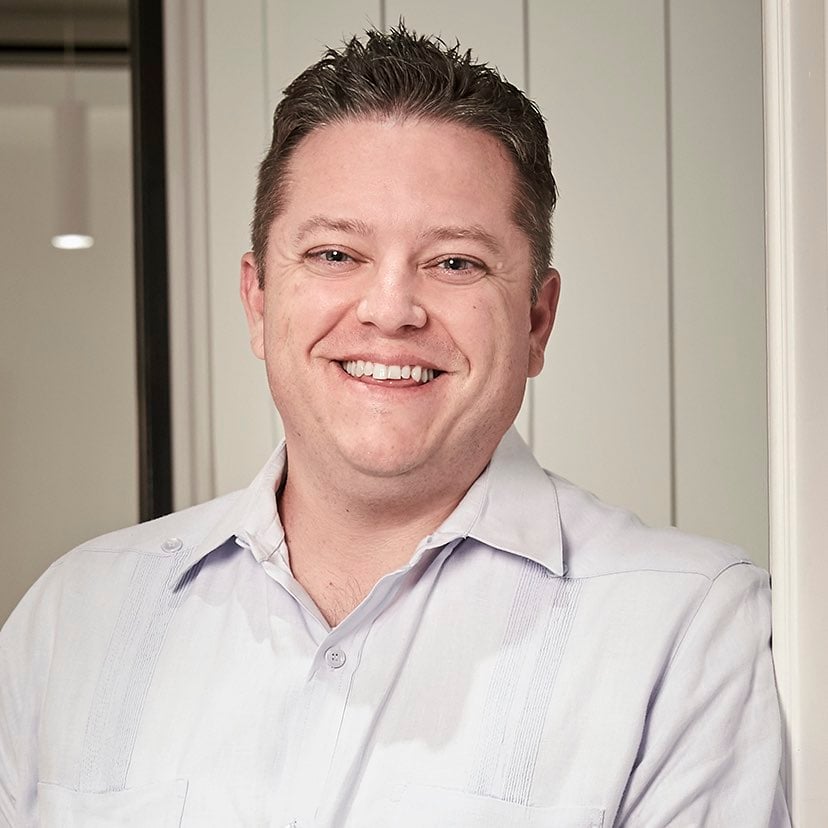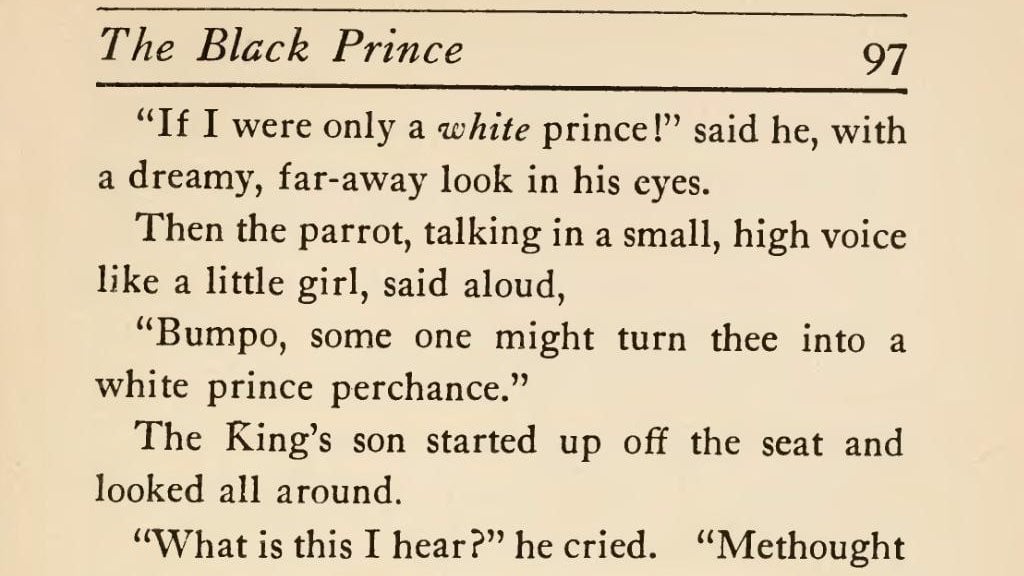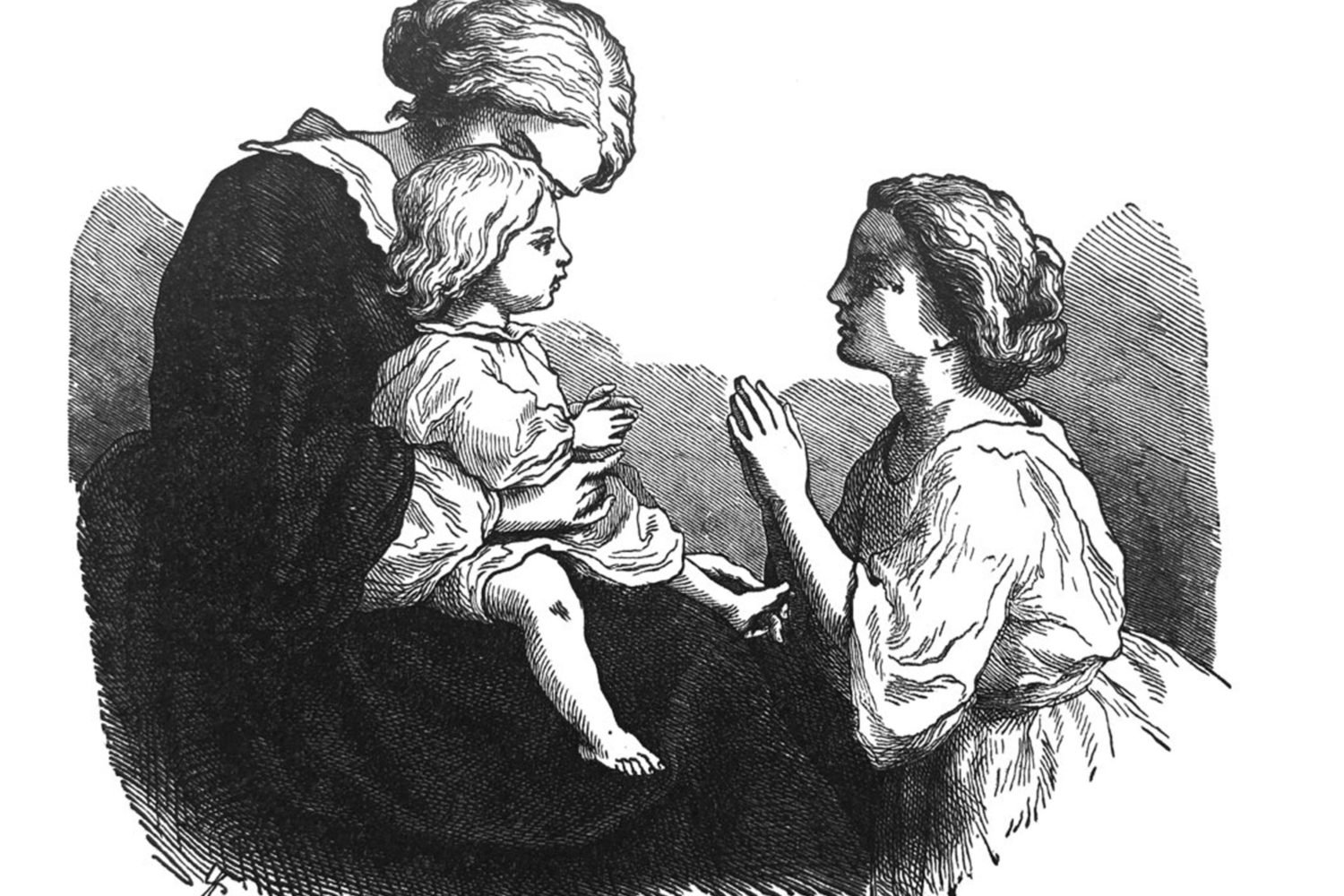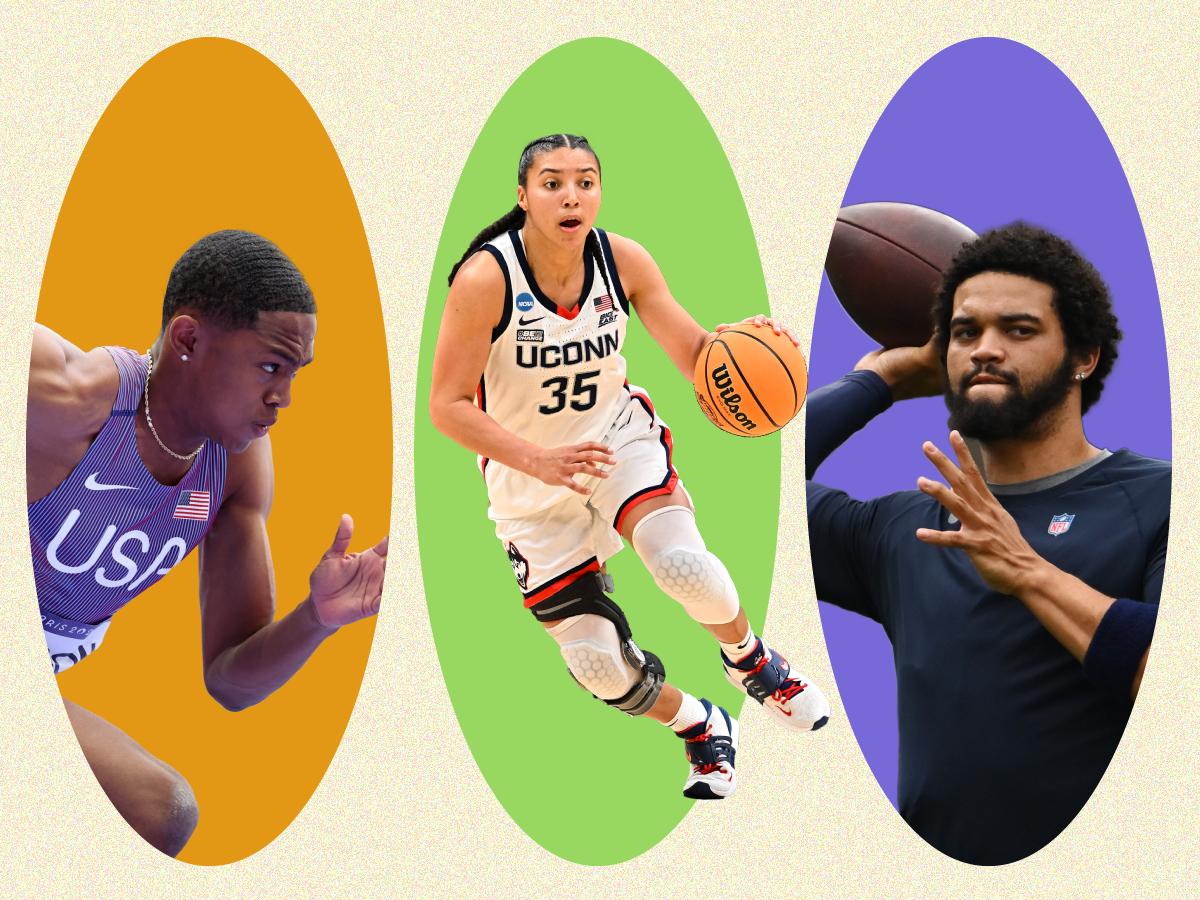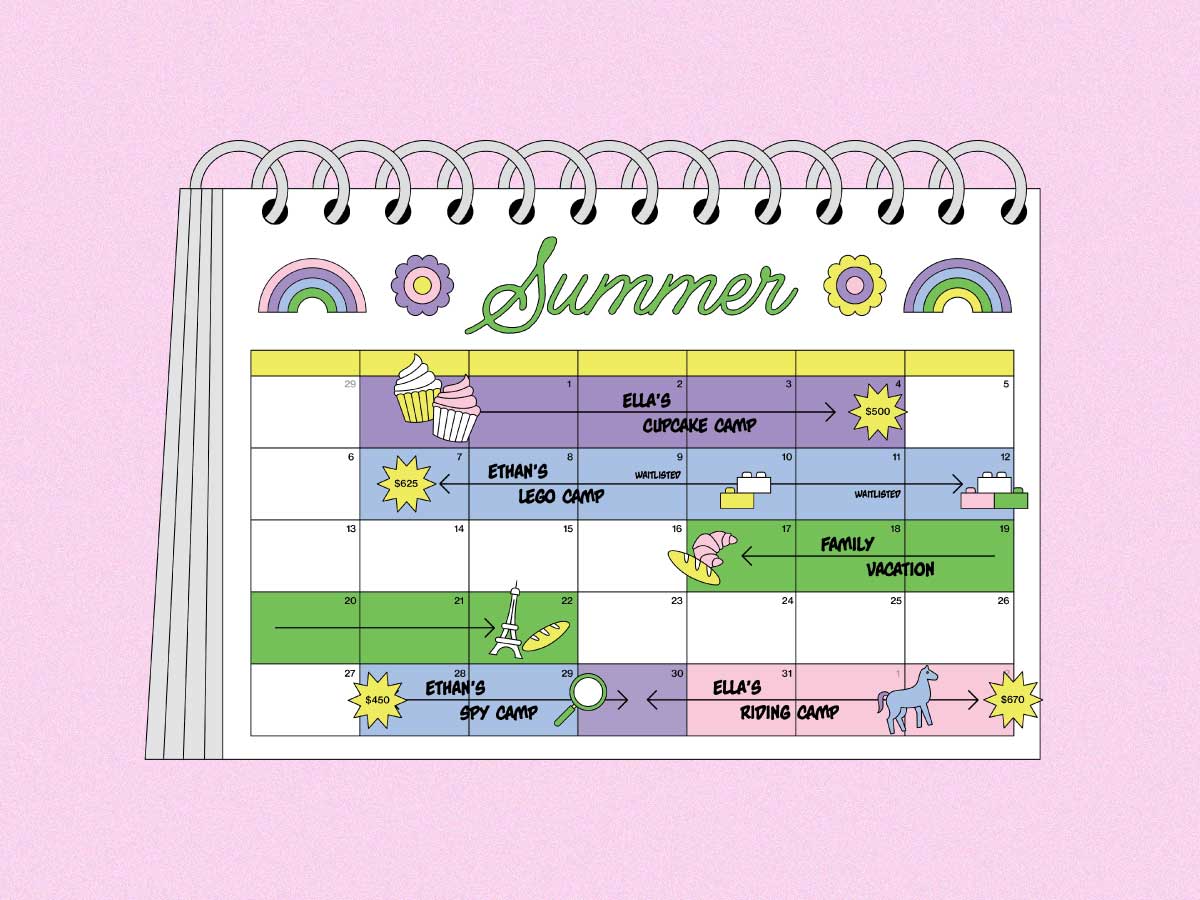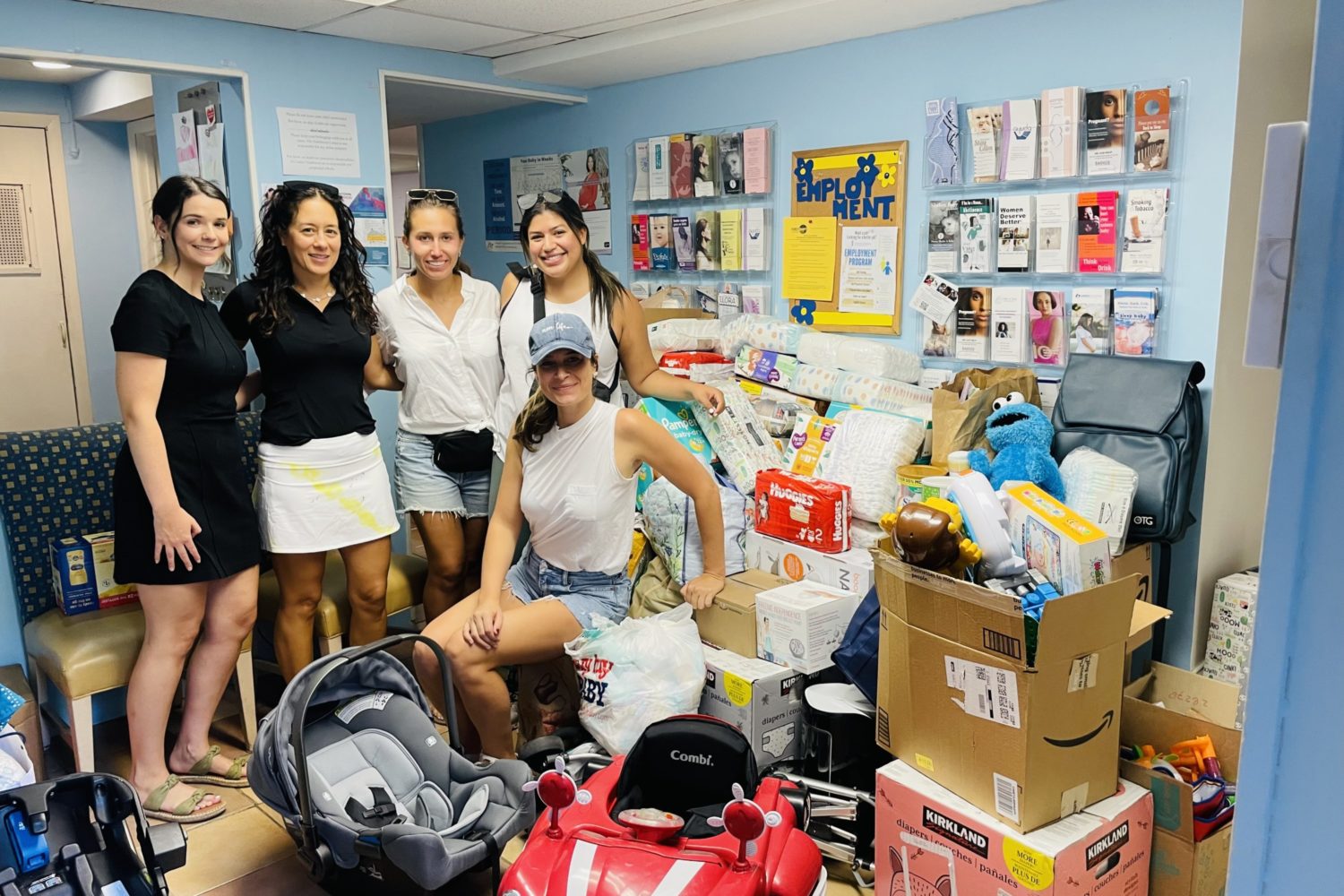I’m a white man who married a black woman; our five-year-old son is a rich golden brown.
He’s always been a curious kid who asks a lot of questions. As he’s developed mentally and emotionally, our conversations have taken on increasing complexity. Now he doesn’t just want to know the basic who, what, and when. He wants to know the why and the how.
Though I’ve had to look up some of my answers (thanks, Google!), I’ve generally felt equipped to thoughtfully and thoroughly respond to his inquiries. We’ve discussed everything from whether time travel exists and how fish breathe underwater, to how to make pancakes and why he has a bedtime earlier than mine.
One category we haven’t touched on much is race. He recognizes people come in all different colors. To him, humanity is like a box of crayons. But we haven’t talked about the wider implications of racial differences. I’m not afraid to broach the topic with him. I’m just waiting until he’s a few years older, so he can firmly grasp the concepts and their implications.
There is one related conversation that does worry me.
At some point, my son is going to be personally confronted with or subjected to racism. I don’t know what form the hate will take, but it’s nearly guaranteed to happen.
Afterward, he may be confused, he’ll probably be hurt, he’ll definitely have questions, and he’ll want to have a conversation with me about what occurred.
I am going to listen.
I am going to provide thoughtful feedback.
I am going to empathize.
I am going to give him all the love he can bear.
I am going to strive to correct the wrong against him.
However, there’s one thing I won’t be able to do: truly know how he feels, since I have never been subjected to racism. Though I will try my hardest to understand his situation, I will be a step removed. That will make me feel completely powerless—a sensation I never want to experience when it comes to ensuring the wellbeing of my only child. If he has a problem, I want to be able to help him solve it. I recognize I cannot control myriad elements in his life, but this deficit literally makes my heart ache.
This understanding may only be mine at first. However, he will ultimately realize our lack of a shared experience. I hope he doesn’t hold it against me in any way; I will try not to be hurt if he does.
No matter what, I refuse to let this difference be divisive. It will be my job to always communicate my unshakeable solidarity and unbreakable love to him. I will let him know that he is of me and a part of me. Any attack on him is an attack on me. His hurt is my hurt. I will always be there to support him in any way I can. And I will always be ready to hear what he has to say and to discuss whatever he’s going through, regardless of how painful it may be for either of us.

